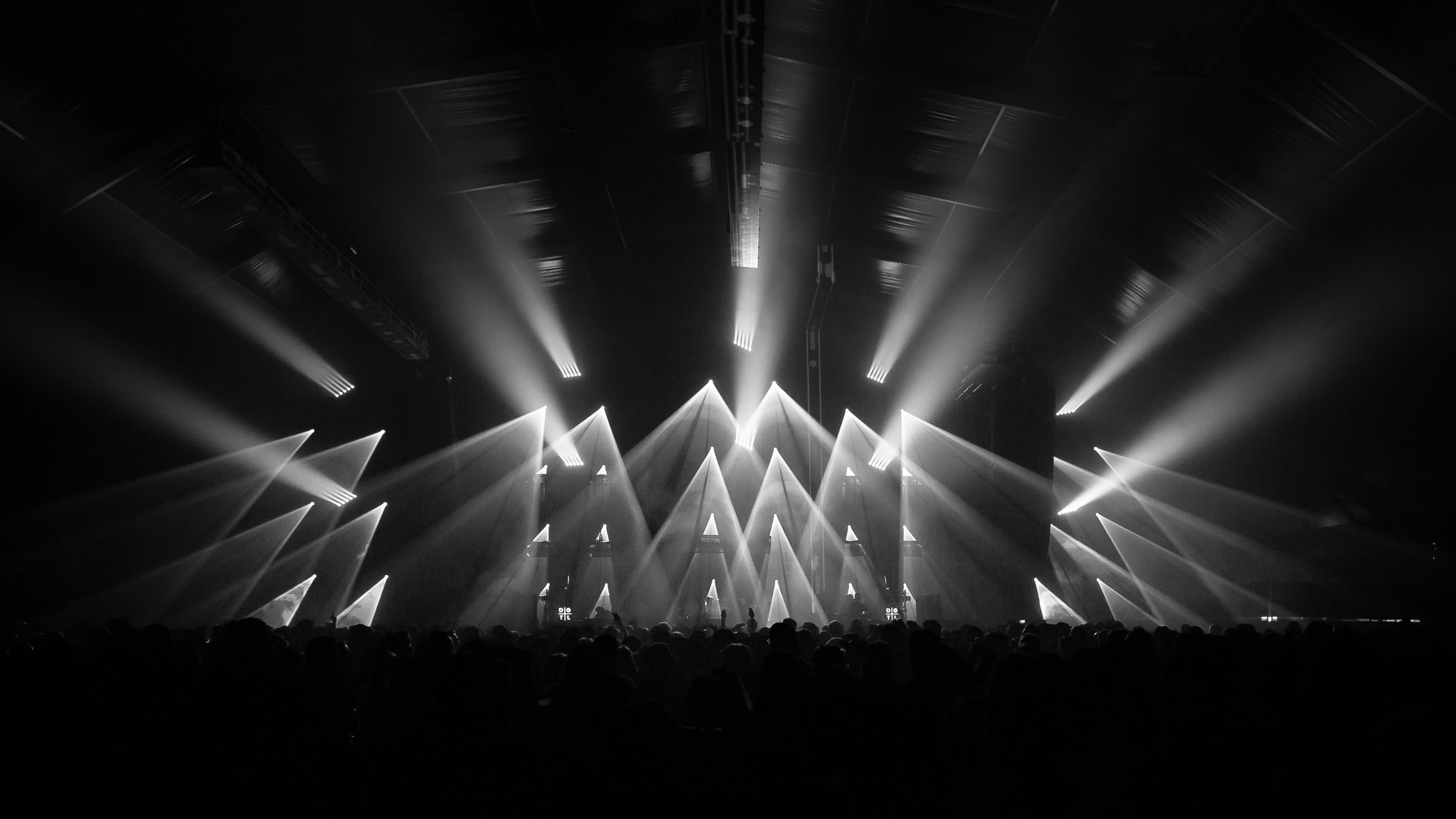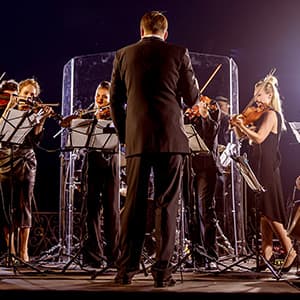

Beethovens Emperor Tickets
Up to 30% Off Compared to Competitors.
Location: Select Location (e.g, New York)
Events Nearby
We're Sorry. There are currently no events near you.
About Beethoven's Emperor
In recent years, the 'Emperor Concerto' continues to be a highlight of concert programs around the world, performed by renowned pianists and orchestras alike. Major concert halls, such as Carnegie Hall, the Berlin Philharmonie, and the Royal Albert Hall, regularly feature this piece in their seasonal repertoire. The concerto has also been the focus of various festivals dedicated to Beethoven's works, especially as we celebrate the 250th anniversary of his birth, which prompted a resurgence of interest in his compositions. In addition to traditional orchestral performances, innovative interpretations of the 'Emperor' have emerged, including collaborations with contemporary artists and multimedia presentations that enhance the concert experience. Virtual concerts and streaming platforms have also made it possible for broader audiences to experience the 'Emperor Concerto' from the comfort of their homes, allowing this magnificent work to reach new generations of classical music lovers. Upcoming events include performances by acclaimed pianists such as Lang Lang and Yefim Bronfman, alongside esteemed orchestras, ensuring that Beethoven's legacy continues to thrive in live concert settings.
Beethoven's Emperor History
Ludwig van Beethoven composed his Piano Concerto No. 5 in E-flat major, Op. 73, commonly known as the 'Emperor Concerto,' between 1809 and 1811. It premiered in 1811 in Leipzig and quickly became one of the most celebrated concertos in the classical repertoire. The 'Emperor' title was not given by Beethoven himself but was attributed later, likely due to its grand scale and the heroic nature of its themes, which were reflective of the turbulent times in Europe during the Napoleonic Wars. The concerto features a remarkable blend of lyrical passages and powerful orchestral sections, with the piano taking center stage in a way that showcases Beethoven's innovative style. The work is known for its expansive opening Allegro, a lyrical second movement, and a lively Rondo finale, making it a favorite among pianists and audiences alike. The 'Emperor' became emblematic of Beethoven's later style, characterized by boldness and emotional depth, setting a high standard for future composers.
